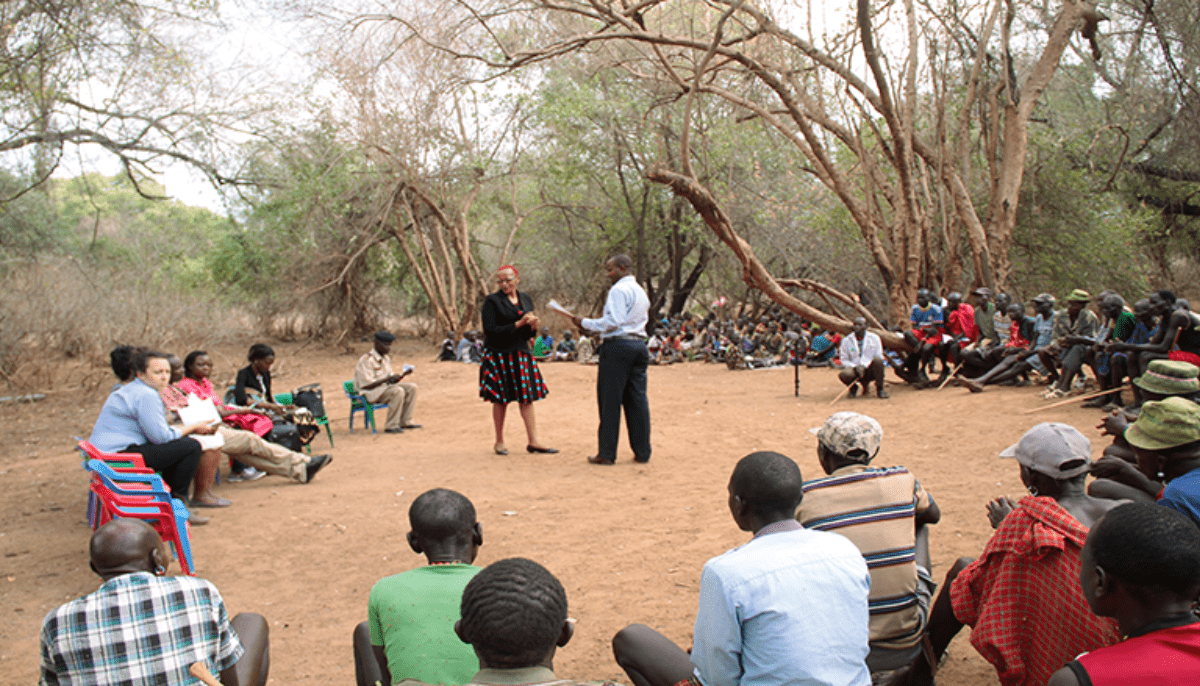The Finance Bill 2023 was assented to on 26 June 2023. This confirmed its status as law and set the wheels in motion for amendments to 12 different legislations, with many of the provisions set to ultimately raise taxes. 11 Constitutional petitions that sought to challenge the process leading to the enactment and constitutionality of the new provisions quickly followed. The petitions were consolidated and upon hearing the matter, several provisions of the Act were found to be unconstitutional. The appeals that arose to challenge the decision of the High Court regarding the unconstitutionality of various sections eventually led to Civil Appeal E003 of 2024.
The rationale of public participation is to afford the public a meaningful opportunity to participate in the legislative process and strengthen the legitimacy of laws in the eyes of the people. The principle of public participation is that those affected by a decision have the right to be involved in the decision-making process. In Kenya and most other jurisdictions, Parliament has a constitutional obligation to facilitate public involvement in legislative processes.
- If a Bill which has undergone First and Second Reading, including participation, can be altered or amended at the Committee stage or on the House floor beyond the original Bill's scope by introducing substantive new provisions.
- Whether Parliament is obligated to give reasons for adopting or rejecting views given by members of the public during public participation.
- Whether public participation in enacting the Finance Act of 2023 was meaningful and reasonable.
Proper public participation in the legislative process is a fundamental constitutional requirement. This process must be both genuine and meaningful, extending beyond a mere procedural formality. According to the judgment, public participation should be infused with transparency and accountability, reflecting the core principles of democratic governance outlined in Article 10 of the Constitution. This includes ensuring the public's views are not only solicited but also given proper consideration.
There are also set out components of public participation including:
- Clarity of the subject matter for the public to understand;
- Structures and processes (medium of engagement) of participation that are clear and simple;
- Opportunity for balanced influence from the public in general;
- Commitment to the process;
- Inclusive and effective representation;
- Integrity and transparency of the process;
- Capacity to engage on the part of the public, including that the public must be first sensitized on the subject matter.
Parliament is obligated to provide reasons for adopting or rejecting public proposals. This duty ensures the legislative process remains transparent and accountable, aligning with the constitutional values of democracy, good governance, and respect for public contributions. Insulating Parliament from the need to justify its decisions would undermine the purpose of public participation and could render it superficial.
For more insights, please contact Wahome Wilson or Gichunge Jackson at wahome@gwrifa.com or gichunge@gwrifa.com.




